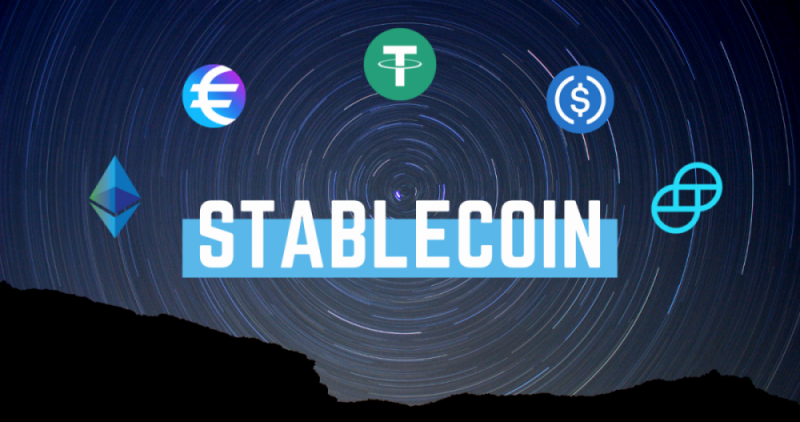Paxos-Backed USDG Builds Global Presence Through Revenue-Sharing Model
13.05.2025 13:00 2 min. read Alexander Stefanov
A new wave of companies is joining the Global Dollar Network (GDN), a stablecoin initiative anchored by Paxos and backed by firms like Robinhood, Galaxy, and Kraken.
With 19 additional members now onboard, including platforms from Turkey, Southeast Asia, and the Middle East, the alliance is quietly building a global footprint for its U.S. dollar-pegged token, USDG.
Unlike other stablecoins dominated by centralized issuers, USDG follows a revenue-sharing model. Instead of concentrating profits, GDN redistributes earnings from reserve yields to its partners—exchanges, custodians, and wallet providers—who help drive adoption. Activities like minting and payment processing are rewarded monthly using a proprietary attribution system.
Though still small compared to USDT and USDC, USDG has reached $285 million in circulation and is compliant with Singapore’s upcoming stablecoin laws. The network expects exponential growth as more jurisdictions clarify their regulatory stance. U.S. legislation remains uncertain after the failure of the GENIUS Act, but hopes for a bipartisan breakthrough remain.
While household names like Visa have yet to sign on, insiders hint that major players are circling, waiting for the right moment. GDN’s backers say its model offers a compelling alternative to both traditional stablecoins and emerging yield-bearing tokens like USDe and BUIDL.
With more than 25 companies now involved and access to over 40 million users through partners, GDN sees itself not just as a stablecoin issuer—but as a decentralized financial rails provider in the making.
-
1
History Shows War Panic Selling Hurts Crypto Traders
28.06.2025 18:30 3 min. read -
2
Ripple Faces Legal Setback as Court Rejects Bid to Ease Penalties
26.06.2025 16:54 1 min. read -
3
Coinbase Surges 43% in June, Tops S&P 500 After Regulatory Wins and Partnerships
29.06.2025 21:00 2 min. read -
4
Ripple Has Applied for a National Banking License
03.07.2025 7:00 2 min. read -
5
What Will Happen With the Stock Market if Trump Reshapes the Fed?
29.06.2025 13:00 2 min. read
Bank of America CEO Confirms Stablecoin Plans Are in Motion
Bank of America is actively developing a stablecoin offering, CEO Brian Moynihan revealed during a post-earnings conference call on Wednesday.
PayPal Expands PYUSD to Arbitrum in Latest Blockchain Push
PayPal has expanded its stablecoin, PayPal USD (PYUSD), to the Arbitrum network, marking a key step in its strategy to integrate with faster, more cost-efficient blockchain infrastructure.
Citigroup Explores Launching Stablecoin as Banks Embrace Crypto Shift
Citigroup is evaluating the potential launch of its own U.S. dollar-backed stablecoin, signaling a growing shift in sentiment among traditional financial institutions toward digital assets.
JPMorgan CEO Jamie Dimon Comments Stablecoins
JPMorgan Chase CEO Jamie Dimon remains skeptical of stablecoins—but says ignoring them isn’t an option for the world’s most powerful bank.
-
1
History Shows War Panic Selling Hurts Crypto Traders
28.06.2025 18:30 3 min. read -
2
Ripple Faces Legal Setback as Court Rejects Bid to Ease Penalties
26.06.2025 16:54 1 min. read -
3
Coinbase Surges 43% in June, Tops S&P 500 After Regulatory Wins and Partnerships
29.06.2025 21:00 2 min. read -
4
Ripple Has Applied for a National Banking License
03.07.2025 7:00 2 min. read -
5
What Will Happen With the Stock Market if Trump Reshapes the Fed?
29.06.2025 13:00 2 min. read


